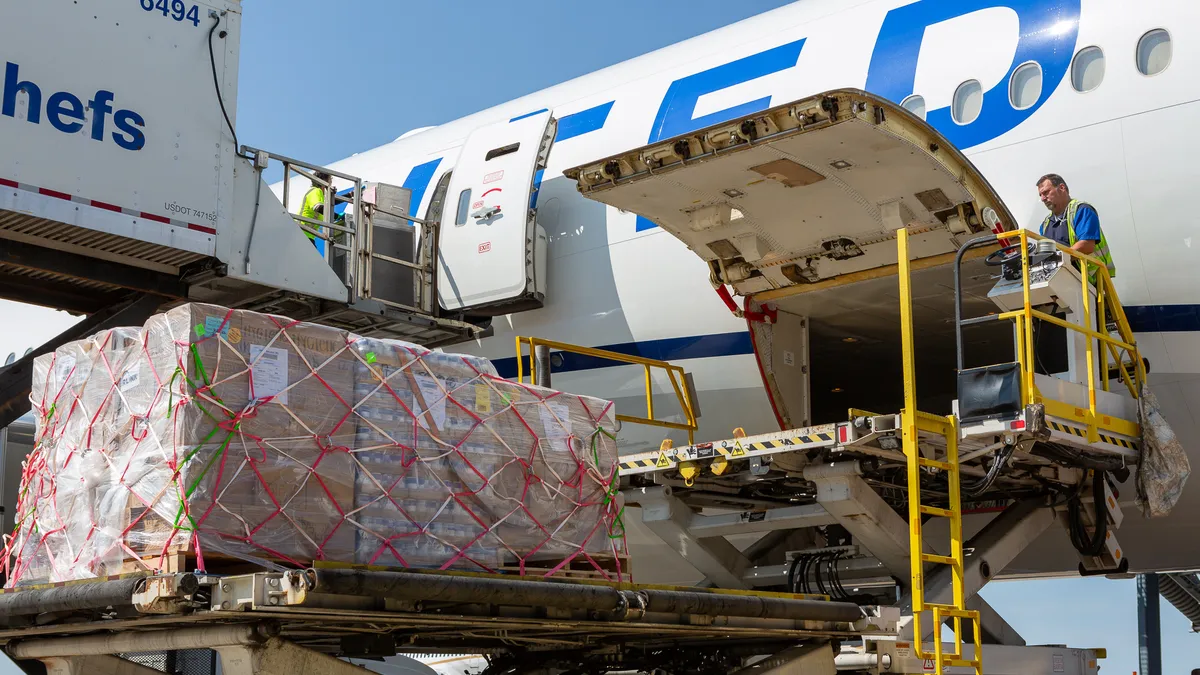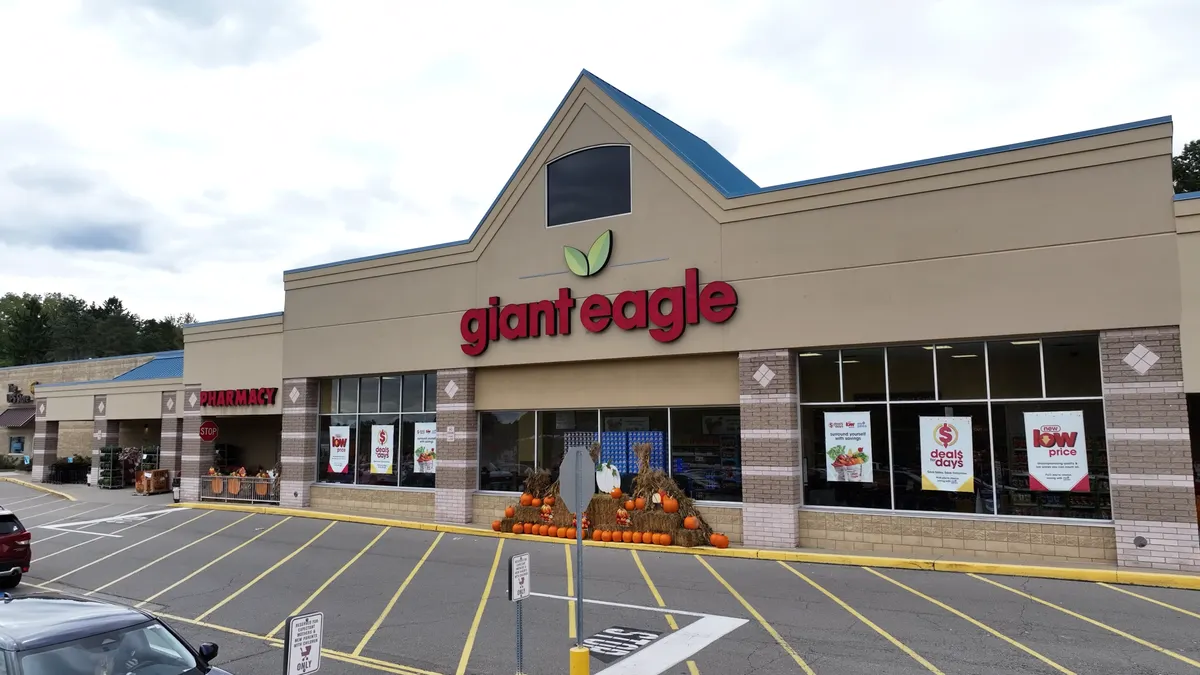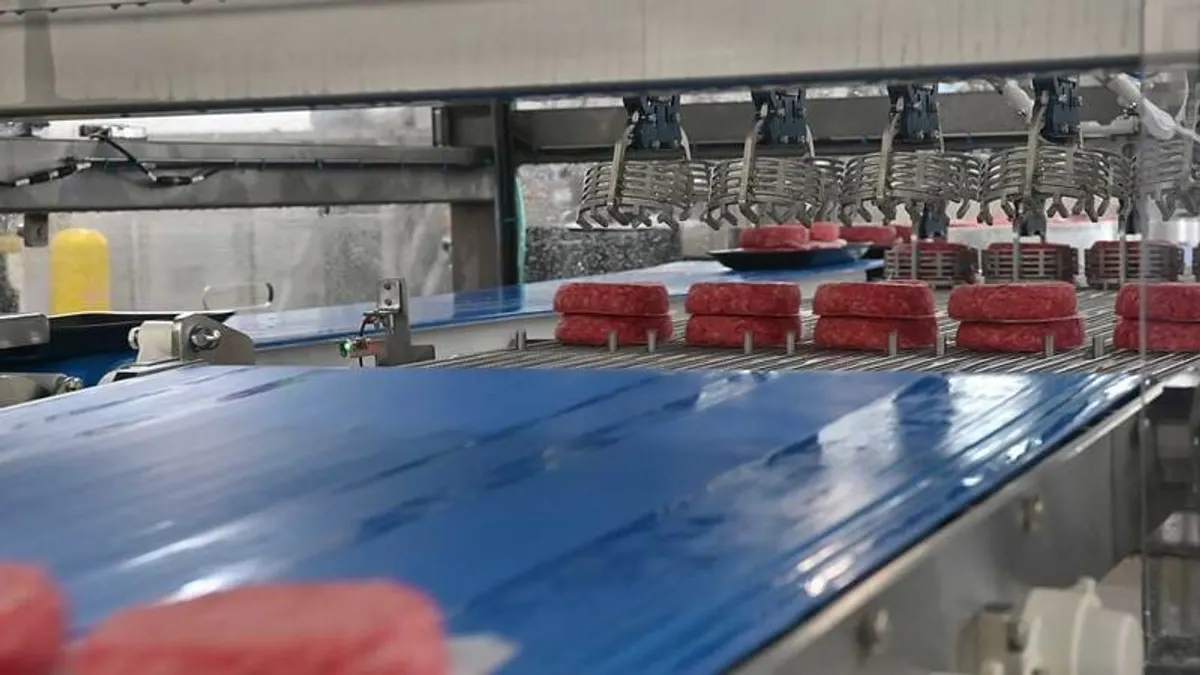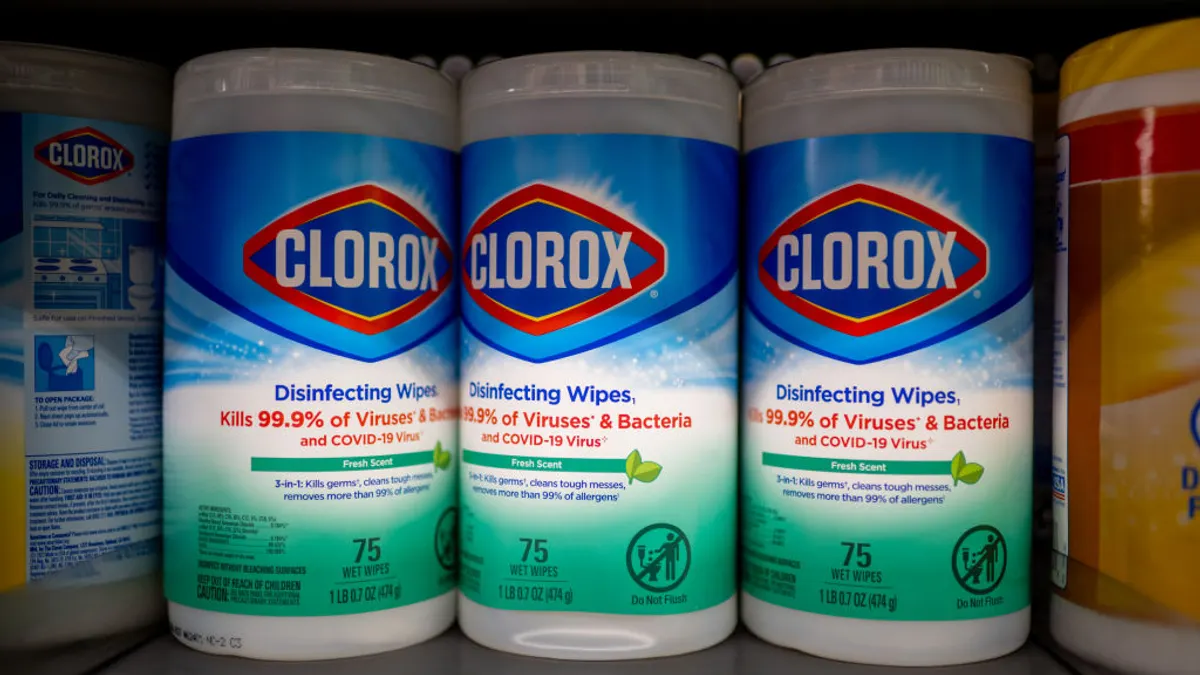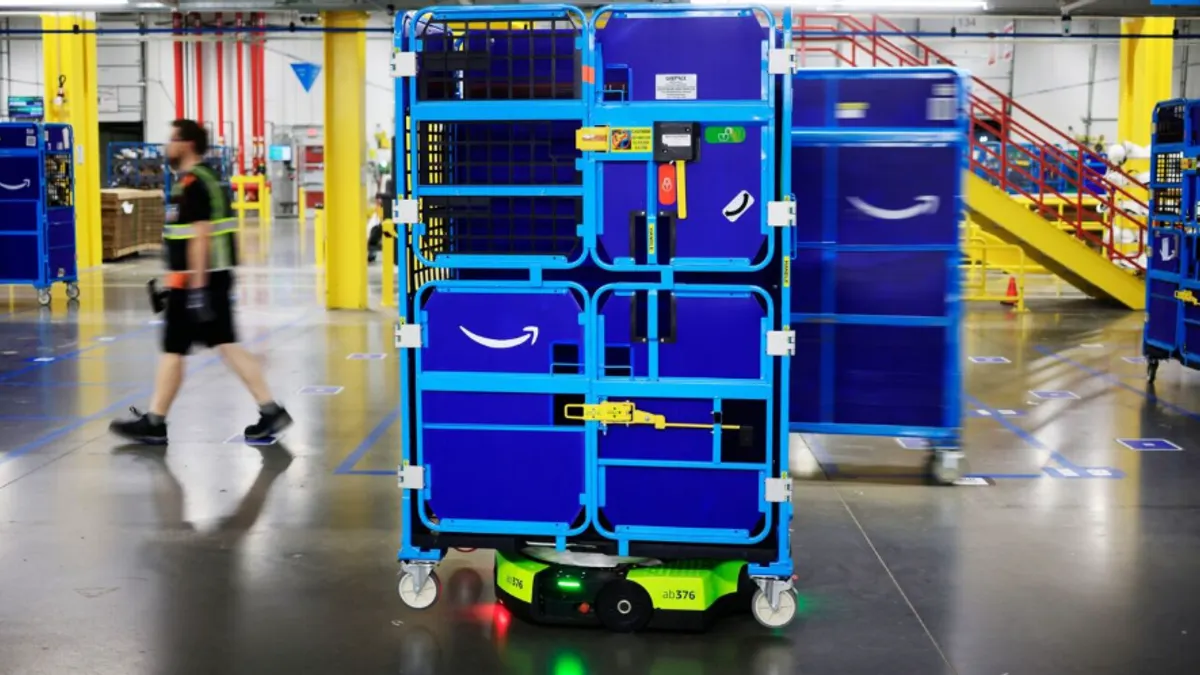Editor's Note: The following is a guest post written by Pieter Vandevelde, chief revenue officer of TBSx3.
As companies face increasing pressure from consumers, regulators and stakeholders to commit to social and environmental initiatives, blockchain technology has emerged as a solution to making our supply chains sustainable.
Blockchain’s immutable and transparent attributes are championing ethical business practices by empowering consumers with an understanding of provenance, reducing exploitation of workers and protecting local environments. It is truly a tool for change, bolstering an era of the "conscious consumer."
Blockchain is the engine behind cryptocurrencies like Bitcoin. We can take the blockchain engine, tweak it and re-connect it with supply chains. Though cryptocurrencies are 100% virtual and intangible, supply chains are not. The power of blockchain technology is even more present in supply chains when combined with the latest IoT technologies to capture supply chain data at the point of origin.
Every single product worldwide can be assigned a cryptographic unique identifier at the start of the chain, wherever it is sourced or created. This unique code is tied to a utility token that is time-stamped as it moves through the supply chain, with the entire life cycle of that item stored on the blockchain archive. Smartphone users can check the unique ID to reveal its history and its origins to ensure it was responsibility sourced or produced.
Beneficiaries of a transparent supply chain extend beyond big business; by valuing provenance and strengthening the supply chain with blockchain, it will serve every link in the process — from pickers in the tea fields to drinkers of the tea cup.
Consumers are in control
Blockchain is shifting the relationship between consumer and business, as the former can now easily hold the latter accountable by interacting with the blockchain. At the point-of-dispensation, any user such as a consumer, retailer or pharmacist can check the provenance of a product, encouraging them to become far more conscious of their purchasing power and its impact on a global level.
While consumers have typically been left at the bottom of the supply chain, this new technology is helping them play an active role in shaping how businesses operate. High consumer engagement is motivating businesses — manufacturers and suppliers in particular — to have a sustainable and ethical focus as informed customers influence them to act responsibly.
Just last month, Starbucks faced criticism and mounting consumer pressure over whether its cups are made from sustainable or biodegradable materials. A petition with more than a million signatures is trying to urge the coffee giant to honor the promise it made 10 years ago to develop recyclable cups.
Blockchain startup Onda Origins is trying to elevate this consumer involvement by creating a system which "reflects the values people think they’re buying into," co-founder Paul Tupper told GeekWire. In providing a verifiable and fully traceable bean-to-cup experience for coffee drinkers, the co-founders hope to turn customers into active supply chain participants — which ultimately helps coffee bean growers become visible and valued.
Supply chain transparency is no longer a choice
Transparency in our supply chains is no longer a choice but a corporate responsibility as the demand for fair trade, ethically sourced and sustainable materials continues to grow. Blockchain technology can help companies fulfill their duty to their consumers and workers worldwide, while also radically innovating their business models and protecting brand integrity.
In a published paper by the Harvard Business Review, author Steve New says that provenance “will become an essential part of establishing trust and securing reputation.” Businesses need to not only meet regulatory requirements to minimize their social and environmental impact, but must do so in the public eye.
Following accusations of alleged sweatshop labour and lack of an eco-focus, Nike has committed itself to “sustainable innovation” which reaches “deep” into its supply chain.
Nike's self-developed Materials Sustainability Index, which took six years to complete, lists the roughly 77,000 materials used by the company, scoring each based on its impact on an environmental and energy consumption level.
This database is meant to help with material selection in the design and production process. Consumers can also use an app to sift through this vast catalogue of resources and learn about each, ensuring accountability is perceived as one of Nike’s core values.
But companies don’t need to dedicate years to creating indexes — this kind of visibility is already built into the blockchain architecture, its end-to-end transparency and traceability allowing every business along the supply chain to prove its ongoing commitment to sustainable enterprise.
Blockchain protects workers and the environment
Companies that honor transparency and safeguard sustainable provenance will ultimately protect millions of workers, their communities and their local environments.
The accountability that blockchain technology enforces accelerates another trend in raw materials: de-commoditization. For example, the decommoditized copper market has different prices for products with different certifications. Copper cathodes are raw materials used for copper rod production for the wire and cable industry, for copper tubes for consumer durable goods, and also for making alloys.
These copper cathodes can be certified in different ways, measuring carbon footprint, water footprint, community impact, human rights, occupational safety and health, ethics and traceability of funds.
Earlier this year, the BMW Group and the Chilean copper mining company Codelco signed an agreement to cooperate on a sustainable and transparent supply of copper. Copper cathodes are already itemized per bundle and can potentially be linked to the miners that provide the raw material.
Ignorance is no longer an excuse — workers will remain vulnerable to exploitation if we allow our own inaction to keep them hidden. Proprietors of all supply chains should actively seek out and fight malpractice and systematic neglect, something easily achieved with technologies built on transparency.
Blockchain technology will help forge a relationship between businesses, workers and consumers that is built on trust and transparency. Businesses must take the lead, committing to sustainable supply chains so that we can protect our most vulnerable and our environment.
Pieter Vandevelde is the Chief Revenue Officer of TBSx3, a blockchain-based manufacturing, distribution and logistics solution company that aims to innovate and restore trust in the global supply chain network.



